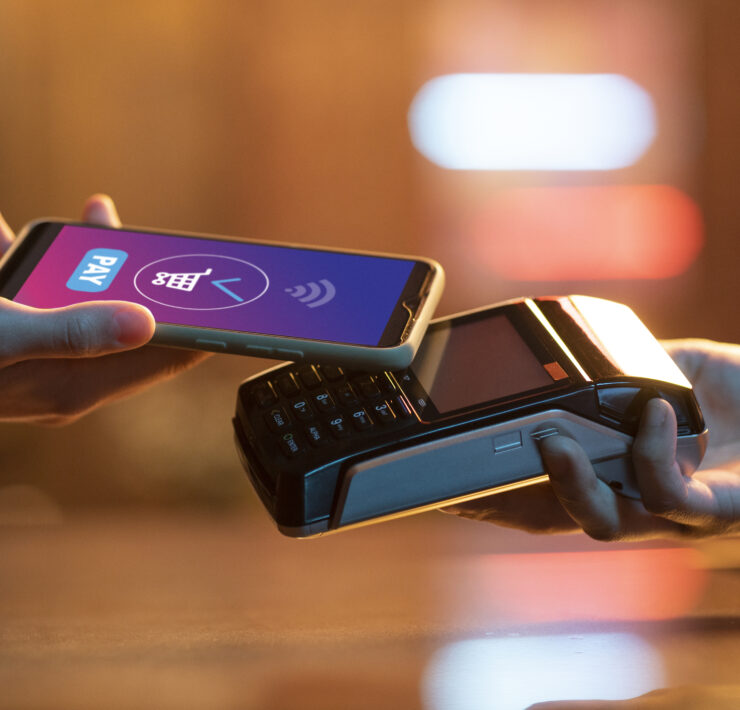Cybercrooks attack cloud amid hybrid work setup

In the coming year, companies must ensure their firewalls are strong enough to fend off digital attacks targeting their cloud where they store critical corporate and employee data, cybersecurity firm Fortinet warned.
In its 2025 Cyber Threat Predictions Report, Fortinet said the cloud was “increasingly piquing the interest of cybercriminals.”
“Given that most organizations rely on multiple cloud providers, it’s not surprising that we’re observing more cloud-specific vulnerabilities being leveraged by attackers, anticipating that this trend will grow in the future,” it added.
Cloud technology has been supporting hybrid work setup, a trend that has risen during the pandemic after mobility was heavily curtailed. It makes documents, files and applications readily available for employees via devices like laptops, smartphones and tables.
“While fundamental safeguards like multi-factor authentication can help prevent unauthorized access to data in cloud application environments, cybersecurity measures like these are sometimes overlooked as organizations rush to embrace digital evolution,” Fortinet explained.
The disruption in operations caused by cyberattacks is detrimental to the business due to spending related to retrieval of their data or system, in addition to opportunity costs because of the down time.
In the Philippines, companies dealt with 846,837 web threats in the first half, according to a report by Kaspersky.
Southeast Asia saw a total of over 26 million web attacks for the period. Most of these were logged in Malaysia with 19.6 million threats, followed by Indonesia with 3.2 million.
Vietnam dealt with 1.4 million attacks while Thailand saw 1.06 million. Singapore had the least web threats with 574,292.
Web attacks come in different forms, including the typical phishing emails embedded with suspicious web addresses linking to fake websites where unsuspecting victims will be tricked into providing sensitive information.
Kaspersky previously warned these cyber threats were only expected to get even more sophisticated because of artificial intelligence (AI) tools that can aid hackers in launching their attacks.
With the help of AI tools, for example, the phishing email or text scams can appear legitimate, making them more deceiving in the eyes of the recipients.





















